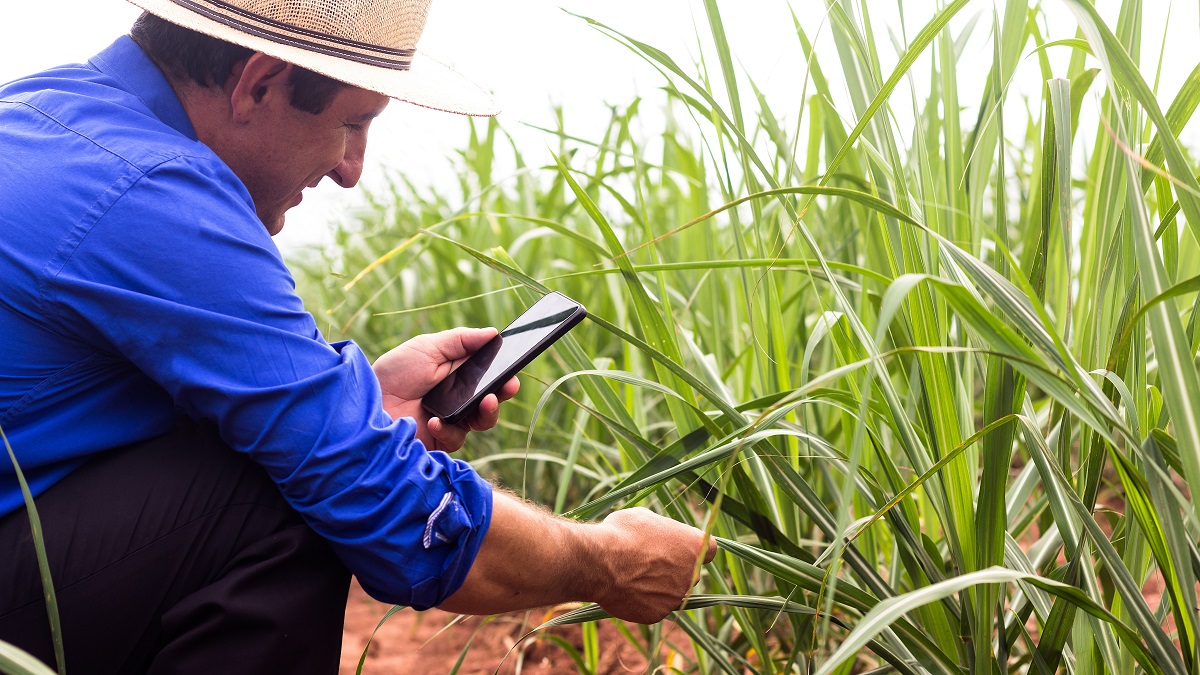The Global Commodities Forum is a major multi-stakeholder meeting to discuss and find better solutions to perennial problems of the commodity economy. The 2013 edition of the Forum will address key issues related to risk management and resilience, such as methods and mechanisms for developing countries and small-scale producers to prosper in spite of the ongoing volatility in commodity markets.

The Global Commodities Forum organized by UNCTAD with the support of its partners, is a major multi-stakeholder meeting to discuss and find pragmatic solutions to perennial problems of the commodity economy.
Professor Michael Lipton of Sussex University, and Ms. Ruth Rawling of Cargill, will outline the central themes for subsequent panel sessions to address. Ms. Dhano Sookoo of the Agricultural Society of Trinidad and Tobago will set out what Farmers’ Organizations can do to promote commodity development and reduce poverty.
Other Experts from the Agricultural Sector in commodity dependent developing countries will illustrate several sessions with presentations on the success stories of their organizations and potential lessons to be learned.
A two hour session, organized in collaboration with the UNECE Gaz Centre, with the participation of Total, GDF Suez and GasNatural Fenosa will highlight the contribution of the energy sector to economic growth and development based on lessons from their experiences in developing countries from around the world.
The Global Commodities Forum 2013 will follow a panel format rather than a traditional presentation format, with a view to generating a richer debate among the experts for each session, as well as encouraging greater audience participation.
As its Outcome, the Forum expects to arrive at clear cut multi-stakeholder policy consensus to address the following issues:
- Risk management and resilience in low income agricultural dependent economies.
- Developing infrastructure and services to support the agriculture sector.
- Improving transparency in commodities markets and value chains at national and global levels.
- Developing production linkages from the extractive sector with the objective of enhancing local employment, local content and local value addition.


